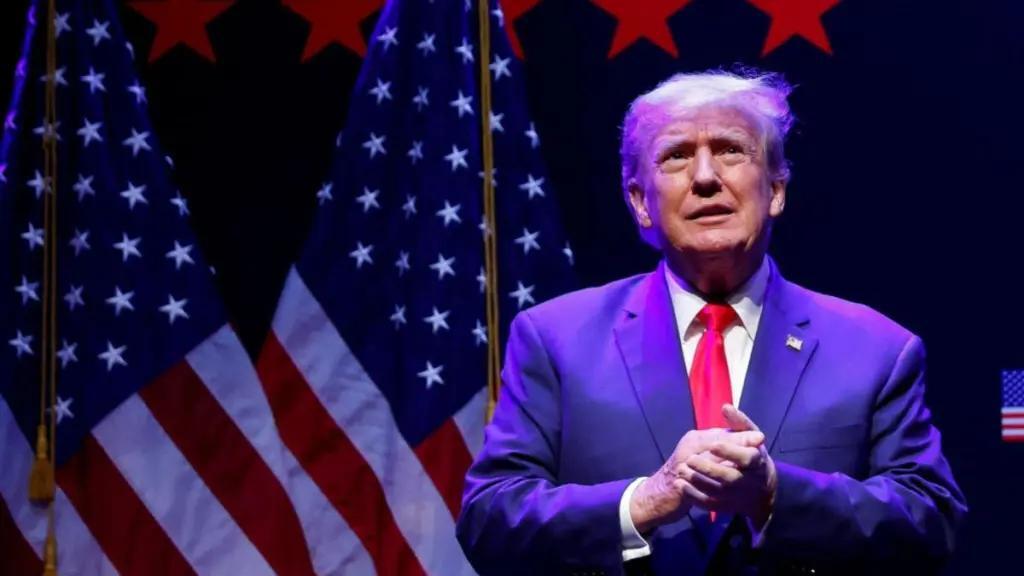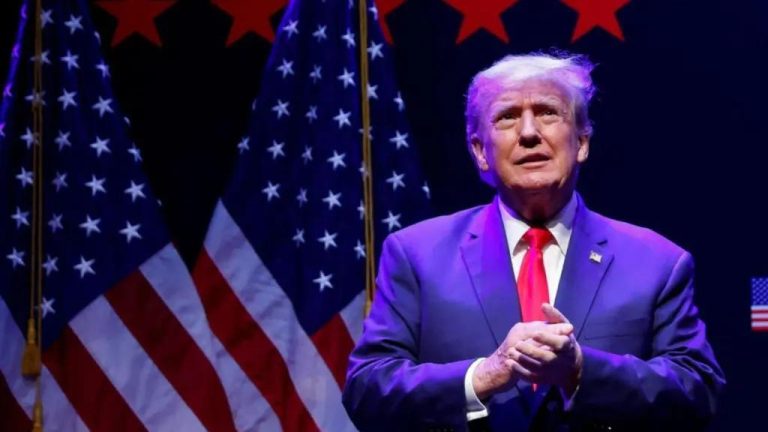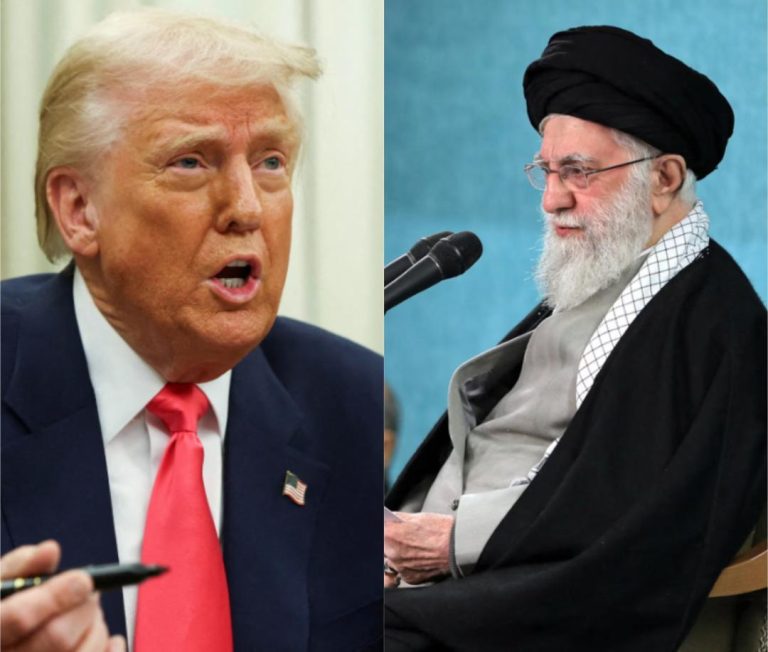
Donald Trump Exempts Smartphones & Computers from Reciprocal Tariffs
In a move that has sent shockwaves through the tech industry, United States President Donald Trump has excluded smartphones, computers, and other electronic items from the reciprocal tariffs imposed on Chinese goods. The announcement comes as a relief to tech giants such as Apple, who had been concerned that the tariffs would lead to a surge in gadget prices.
According to a Customs and Border Patrol notice, the exemption applies to a wide range of electronic items, including smartphones, laptops, tablets, and gaming consoles. The move is seen as a significant victory for the tech industry, which has been vocal about the potential impact of Trump’s tariffs on consumers.
The tariffs were imposed as part of a broader trade war between the US and China, with Trump accusing China of unfair trade practices and intellectual property theft. The 25% tariffs on $250 billion worth of Chinese goods, which went into effect in May, were seen as a major escalation in the trade war.
However, the tech industry had been warning that the tariffs would have a disproportionate impact on consumers, as many of the gadgets they rely on are manufactured in China. Apple, in particular, had been vocal about the potential consequences of the tariffs, with CEO Tim Cook warning that the company’s prices could rise by up to 20% if the tariffs were imposed.
The exemption of electronic items from the tariffs is seen as a significant concession by Trump, who had previously refused to back down on his tariffs despite opposition from both domestic and international businesses. The move is likely to be welcomed by tech companies, who had been facing significant pressure from consumers and investors to reduce prices.
But while the exemption is a relief for the tech industry, it is not a complete victory. Many other Chinese goods, including clothing, footwear, and furniture, are still subject to the tariffs. The tariffs are also seen as a major blow to China, which had been hoping to avoid significant damage to its economy.
The trade war between the US and China has been raging for over a year, with both sides imposing tariffs on each other’s goods. The US has imposed tariffs on over $360 billion worth of Chinese goods, while China has retaliated by imposing tariffs on over $110 billion worth of US goods.
The impact of the tariffs has been felt across the globe, with many countries feeling the pinch of rising prices and decreased trade. The World Trade Organization has warned that the trade war could lead to a global recession, while many economists have cautioned that the tariffs will have a significant impact on the global economy.
Despite the concerns, Trump has remained defiant, insisting that the tariffs are necessary to protect American industries and workers. The US has also taken other measures to restrict trade with China, including banning US companies from doing business with Chinese telecom giant Huawei.
The exemption of electronic items from the tariffs is seen as a significant concession by Trump, who had previously refused to back down on his tariffs despite opposition from both domestic and international businesses. The move is likely to be welcomed by tech companies, who had been facing significant pressure from consumers and investors to reduce prices.
In a statement, the US Trade Representative said that the exemption was made after a review of the tariffs found that the electronic items were not a major threat to national security. The statement also noted that the exemption was made in consultation with the Department of Defense and other relevant agencies.
The move is seen as a significant victory for the tech industry, which had been vocal about the potential impact of Trump’s tariffs on consumers. Apple, in particular, had been warning that the tariffs could lead to a surge in gadget prices, with CEO Tim Cook warning that the company’s prices could rise by up to 20% if the tariffs were imposed.
But while the exemption is a relief for the tech industry, it is not a complete victory. Many other Chinese goods, including clothing, footwear, and furniture, are still subject to the tariffs. The tariffs are also seen as a major blow to China, which had been hoping to avoid significant damage to its economy.
In conclusion, the exemption of smartphones, computers, and other electronic items from the reciprocal tariffs is a significant move by Trump that is likely to be welcomed by the tech industry. Despite the concerns about the impact of the tariffs on consumers, the move is seen as a significant concession by Trump, who had previously refused to back down on his tariffs despite opposition from both domestic and international businesses.
Source:






